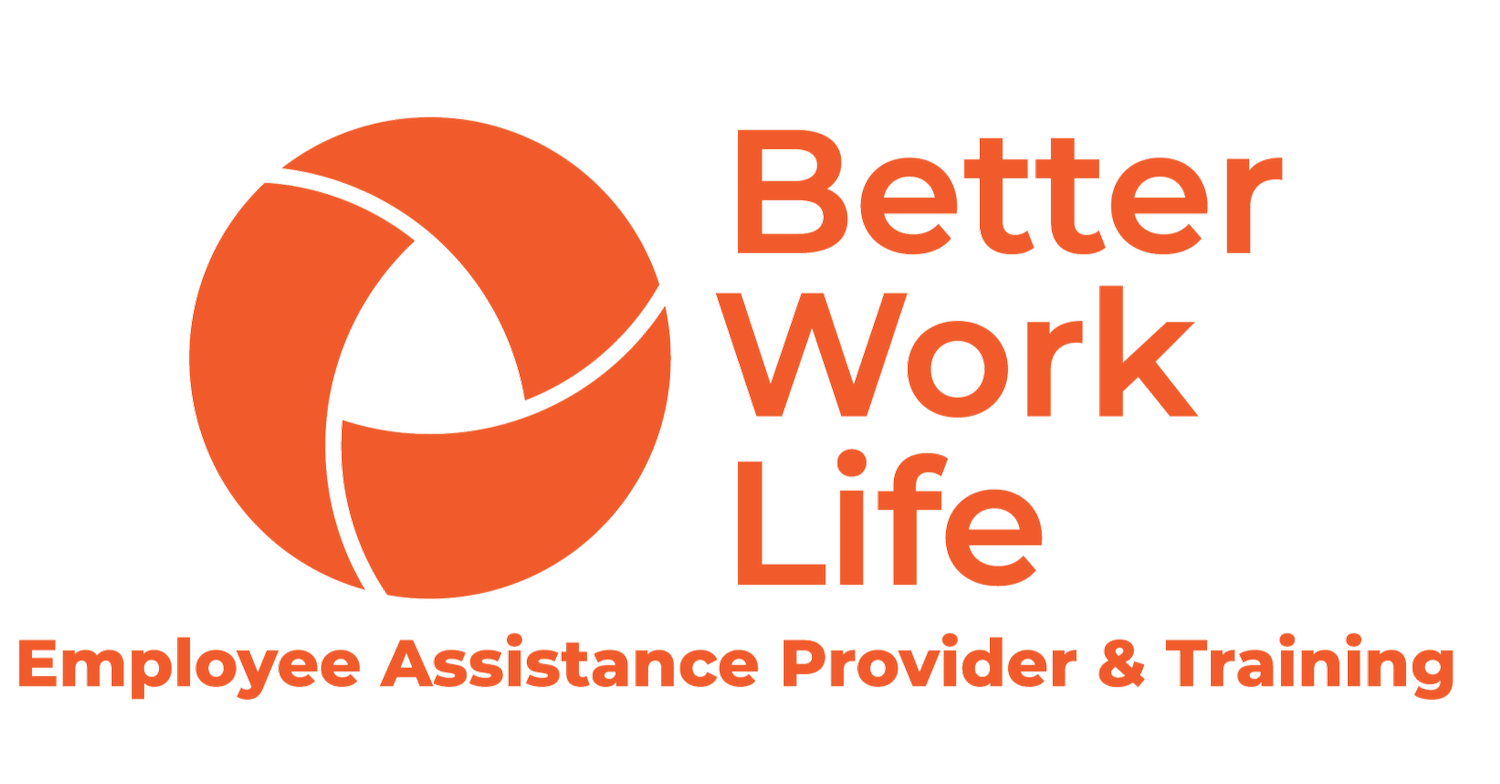
Customer Care Training
Strengthening Teams to Manage Difficult Customer Situations Safely & Effectively
Online or onsite, Australia-wide.














Equip your team to handle tough conversations and challenging customers—without burnout.
Practical skills for staff across contact centres, aged care, disability services, education, legal, healthcare, and more
Customer Care Training
Features:
Customised to your industry and environment.
Practical & skills-focused- using real-world scenarios.
Experienced facilitators with lived experience.
Resources to embed learning post-training.
View Our Most Requested Customer Care Workshops
Features:
Customised to your industry and environment.
Practical & skills-focused- using real-world scenarios.
Experienced facilitators with lived experience.
Resources to embed learning post-training.
Managing Challenging Customers
Frontline and customer-facing staff often manage people in crisis, distress or frustration, and it’s not always easy. This practical, evidence-based workshop gives your team the tools to navigate challenging interactions with confidence, clarity, and care. Participants will build skills in de-escalation, emotional regulation, and boundary-setting, while also learning how to protect their own wellbeing and recognise the signs of vicarious trauma.
-
By the end of this training, participants will be able to:
✅ Understand Customer Behaviour
Recognise the emotional drivers behind challenging behaviours and learn how to respond without escalating conflict. Understand different customer types and what triggers frustration, aggression, or disengagement.✅ Develop Practical De-escalation Skills
Practise real-world techniques through role plays and scenarios to calm angry or distressed customers. Use effective language, set boundaries confidently, and apply solution-focused communication strategies.✅ Manage Emotional Impact and Vicarious Trauma
Understand the personal toll of repeated exposure to emotionally charged situations. Identify signs of stress, compassion fatigue, and vicarious trauma — and apply tools to build and sustain resilience.✅ Apply Self-Reflection and Resilience Techniques
Reflect on your own triggers, communication style, and coping mechanisms. Create a practical action plan to respond more effectively and maintain professionalism under pressure.✅ Utilise a Toolbox of Strategies and Resources
Leave with ready-to-use techniques, resource sheets, and communication frameworks that can be applied immediately in client-facing or frontline roles.
Trauma-Informed Customer Care Workshop
Working with customers who have experienced trauma requires empathy, skill, and boundaries. Our Trauma-Informed Customer Care Training equips your team to respond with compassion and safeguard their own wellbeing. Through practical strategies and real-world scenarios, staff learn how to recognise signs of trauma, provide appropriate support, and protect themselves from the risks of vicarious trauma.
-
Learning Outcomes
By the end of this program, participants will:
✅ Understand Trauma and Its Impact
Define trauma, recognise its different forms, and understand how it affects behaviour, mental health, and workplace interactions.✅ Apply Trauma-Informed Principles
Learn the core principles of trauma-informed care and how to apply them effectively in customer service and workplace settings.✅ Recognise Trauma Responses
Identify signs of trauma in customers or clients and respond with empathy, sensitivity, and confidence.✅ Develop Communication and De-escalation Skills
Use communication strategies that create safety and respect, and learn techniques to de-escalate tense or challenging situations.✅ Integrate Trauma-Informed Practices
Create practical strategies to embed trauma-informed approaches into daily interactions, policies, and organisational practices.✅ Build Resilience and Practice Self-Care
Develop self-care strategies to maintain wellbeing, prevent burnout, and strengthen resilience when supporting others.
Preventing Vicarious Trauma and Compassion Fatigue
Employees who work with people in distress—whether in healthcare, community services, education, or customer support are at risk of experiencing vicarious trauma. This practical, trauma-informed workshop helps participants recognise the early signs of emotional fatigue and vicarious trauma, develop healthy boundaries, and build strategies for long-term resilience.
-
By the end of this program, participants will:
✅ Define Vicarious Trauma and Compassion Fatigue
Understand what these conditions are, how they differ, and what causes them. Recognise the signs and symptoms in yourself and others.✅ Explore the Impact
Examine how vicarious trauma and compassion fatigue affect mental, emotional, and physical wellbeing — and the ripple effects on work and life.✅ Develop Coping Strategies
Learn practical techniques to manage and reduce the impact of secondary trauma, maintain healthy boundaries, and support a sustainable work-life balance.✅ Implement Self-Care Practices
Understand the importance of regular self-care and how it builds resilience and prevents burnout.✅ Access Resources and Support
Learn about available supports — including counselling, supervision, and peer networks — and how to use them effectively.✨ Features
✅ Customised: Tailored to your organisation’s learning goals, preferred duration, and budget.
✅ Flexible Delivery: Available online or onsite.
✅ Psychologist-Led: Delivered by experienced trauma-informed facilitators.
By the end of this workshop, your team will know how to continue delivering exceptional care while safeguarding their own wellbeing and professional longevity.
Ideal for: Frontline workers, healthcare and veterinary teams, customer service staff, NDIS providers, and aged care professionals.
Accidental Counselling Skills
This interactive workshop is designed for employees who find themselves in unexpected counselling roles. Perfect for customer service, aged care, disability services, education, and health professionals, the session equips participants with practical strategies and skills to support clients, customers or colleagues in distress.
-
This Workshop focuses on providing practical, hands-on tools and techniques to confidently manage and support clients or colleagues in distress. By the end of the training, your people will:
Understand Key Counselling Principles: Grasp the fundamentals of effective counselling, including active listening, empathy, and support strategies. Recognise common scenarios where accidental counselling occurs and learn how to address them appropriately.
Develop Practical Skills: Engage in interactive activities and role plays to practice managing distressing situations relevant to your specific role. Enhance communication skills to better connect with and support individuals in need.
Apply Self-Reflection: Reflect on their own strengths and areas for improvement in handling counselling situations. Create a personal action plan to apply the workshop's teachings in daily interactions.
Utilise a Toolbox of Resources:Gain access to practical strategies, handouts, and additional resources to support ongoing development
FEATURES
Customised to suit your organisations learning objectives, preferred duration and budget
Psychologist Facilitators
Suitable for: employees in customer service, aged care, disability services, education, and healthcare or any employees needing skills to support clients, customers or colleagues in distress.
Managing Exposure to Trauma In Customer Care Roles
This training is designed to equip teams with effective strategies for responding to and managing customer emotions and turning challenging interactions into positive outcomes. The training provides employees with tools and insights needed to react to emotional customers effectively while ensuring they take care of themselves, leading to improved customer satisfaction and a healthier, more balanced approach to customer service.
-
By the end of this workshop, participants will be able to:
✅ Recognise and Understand Customer Emotions
Identify a range of emotional states customers may experience and understand how these influence interactions.✅ Respond with Empathy and Validation
Use techniques to express empathy, acknowledge customer feelings, and build trust and rapport.✅ Manage Emotional Interactions Calmly
Stay composed and professional when handling emotionally charged situations and prevent issues from escalating.✅ Enhance Active Listening Skills
Listen attentively and accurately to ensure customers feel heard, understood, and valued.✅ Resolve Issues with Sensitivity
Address customer concerns in ways that acknowledge emotions while meeting their needs and achieving positive outcomes.✅ Apply Conflict Resolution Strategies
De-escalate tense situations and work toward solutions that satisfy both the customer and your organisation.✅ Build Stronger Relationships
Turn challenging emotional interactions into opportunities to deepen trust, loyalty, and long-term customer relationships.✅ Practice Effective Self-Care
Recognise the importance of self-care and apply strategies to manage stress and maintain your wellbeing when dealing with emotional situations.✅ Reflect and Continuously Improve
Develop habits for reflecting on interactions and refining your approach to enhance customer service over time.
Why Training for Managing Challenging Customers is Essential?
Prevents Burnout: Equip your team with strategies to handle difficult customers without draining their mental and emotional energy.
Increases Resilience: Help employees develop emotional resilience to navigate high-stress situations while maintaining their own wellbeing.
Supports Legal Compliance: Ensure your team’s mental health is protected under Australian Work Health and Safety (WHS) regulations and other relevant workplace laws.
Improves Customer Satisfaction: When employees are equipped to manage tough situations effectively and maintain their own mental health, they’re better able to provide high-quality service.
Boosts Employee Engagement: Employees who feel supported in their mental health are more engaged, productive, and loyal to your organisation.







